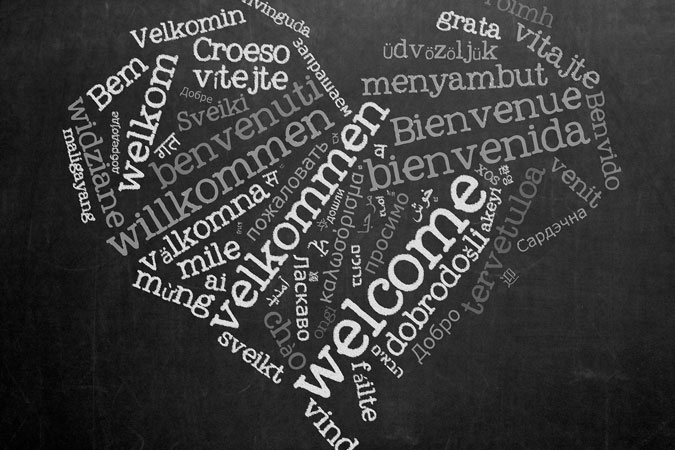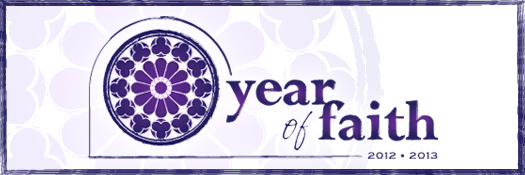
My New Year’s resolution this year was to learn Spanish. I was all set: I signed up for a 10-week course, purchased some resources, downloaded some apps, and began the journey. I made some good progress at first, especially as a result of the classes, and even spent extra time while on the train each day going over lessons and learning vocabulary. Then I hit the wall. My class didn’t meet for a couple of weeks because the instructor took ill. My travel schedule interrupted my individual efforts to keep up. My interest and perseverance waned. Before long, I realized that I had fallen far short of my goal, and I was nowhere near being able to converse in Spanish.
The biggest problem, I realized, was that my Spanish was not being reinforced anywhere. I was not speaking it at home. I was not speaking it at work. I was not speaking it with friends. What was missing was an immersion experience. Experts say that the only true way to learn a new language is through an immersion experience in which learners spend at least 50% of their time learning the new language and using it in a meaningful, real-world way.
I couldn’t help but see the parallels to forming people in faith. It is simply not enough for us to hope that one hour a week will make someone fluent in the language of faith. What is needed is an immersion experience that enables fledgling disciples of Christ to spend a significant percentage of their time learning the language of the Gospel and using it in a meaningful, real-world way.
I think that the first step in making this immersion experience happen for young people is to ensure that the language of faith is being spoken at home. This means inviting parents and families to be intimately involved in faith formation. This is the logic and wisdom behind our Family Catechesis programs at Loyola Press. When parents spend time with their children on faith formation, it significantly increases the chances that the children will incorporate the language of faith into their own lives. It does little good for a child to learn the language of faith at religious education class when that language is not “spoken” anywhere else in their lives. For adults, this immersion must take the shape of participation in small faith groups and in ongoing experiences of works of mercy, prayer, and reflection shared with others. This is particularly why processes such as the RCIA need to be so much more than a weekly class. Unless the concepts are reinforced through an immersion experience, folks will have as much success incorporating the Catholic faith into their lives as I had learning Spanish this year.
In my new book, Living the Sacraments: Finding God at the Intersection of Heaven and Earth, I remind readers that the word baptism literally means to “dip,” “dunk,” “plunge,” or, to be more sophisticated, to “immerse” for the purpose of saturating or, better yet, marinating—a process in which one substance deeply penetrates another. In Baptism, we are immersed in Christ—dipped, dunked, and plunged into the waters of Christ’s Death and Resurrection—to be saturated or marinated in the deeply penetrating spirit of Jesus. Right now, too many of our faith formation efforts (from child formation through RCIA and adult faith formation) never get past dipping one’s toe into shallow waters when we need to be escorting people to the deep end of the pool and inviting them to dive in!





Be the first to comment